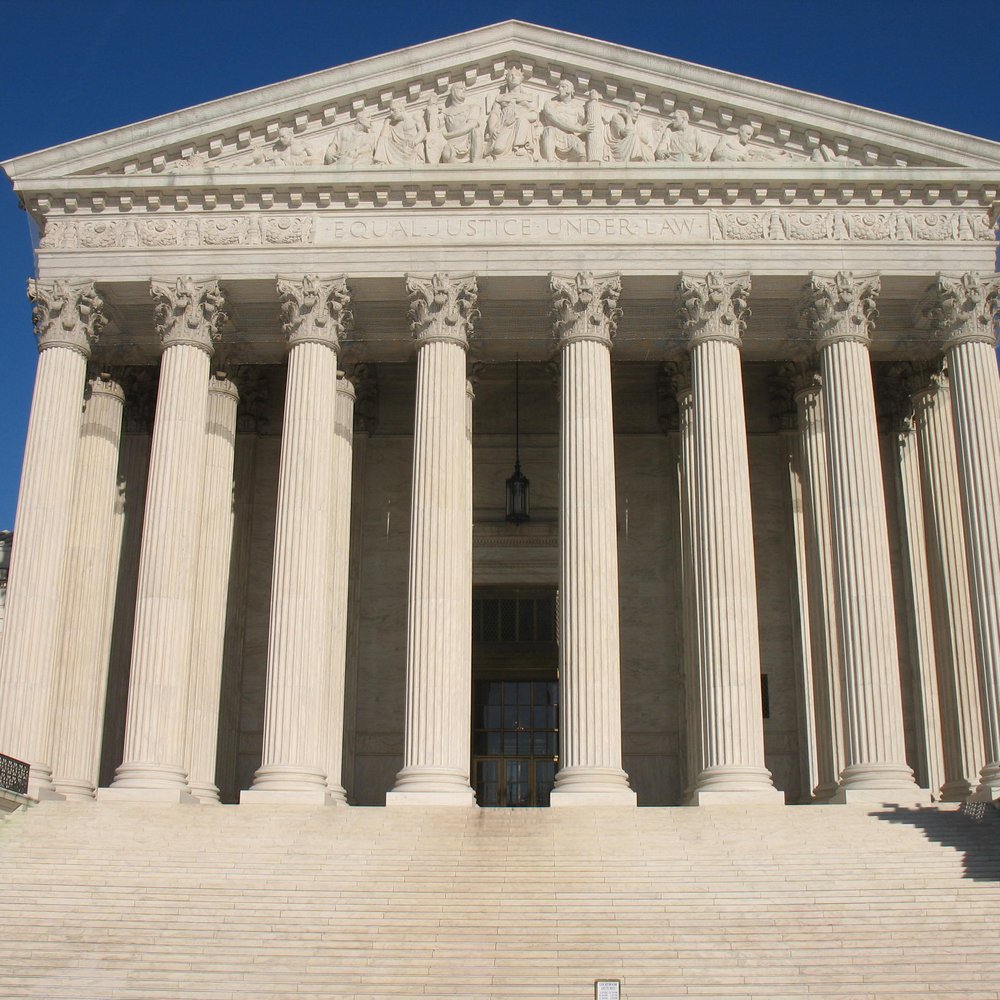Time to act: How the Biden Administration and Congress could tackle corporate human rights abuse

Last week the US Supreme Court heard a case against Nestle and Cargill in which the two agribusiness giants were accused of having aided and abetted the use of child slave labor in cocoa farms in Ivory Coast. The case was brought under the Alien Tort Statute (ATS), a law from 1789 that enables foreign nationals access to US courts to address tort claims. The law has been used since the 1970s by human rights advocates to try to hold human rights abusers, including multinational corporations, accountable. A wide range of companies has been subject to ATS cases including Unocal, Exxon Mobil and Shell. Recent Supreme Court rulings have, however, increasingly restricted the use of the ATS in such cases. Human rights advocates are concerned that an unfavorable ruling in the Nestle/Cargill case could be the “final nail in the coffin” for the ATS and corporate liability.
Fortunately, however, the new US administration and Congress have an opportunity to strengthen corporate liability for human rights violations in various ways. One of which is via what advocates are referring to as a “human rights version of the Foreign Corrupt Practices Act” (FCPA); a law that would essentially apply the successful US-led anticorruption framework to human rights issues. This is an idea that has been proposed in various forms by legal experts and advocates in recent years. With the change of administration and Congress, there may now be an ability to move it forward.
Human Rights FCPA
Put simply, a Human Rights FCPA would, like the current FCPA, establish a two-part enforcement regime by establishing:
- a prohibition on corporate involvement in serious human rights abuses, including extrajudicial killings, torture, forced disappearance and forced labor;
- a requirement that corporations maintain adequate internal controls (“books and records”) to ensure they are monitoring these issues throughout their supply chains.
Enforcement of the human rights FCPA would, like the existing FCPA, be conducted jointly by the Justice Department and Securities and Exchange Commission.
The Importance of US Leadership in Addressing Corporate Human Rights Abuse
An advantage of an FCPA-type approach is that it embodies a format and reporting mechanism that corporations are already familiar with and have incorporated into their compliance regimes. After initial resistance following its adoption by Congress in 1977, many corporations have come to view the FCPA positively as a way to demonstrate they are running “clean” operations and thus reducing reputational and political risks. US leadership on the FPCA ultimately contributed to the development of a global anti-corruption conventions.
In this sense, a human rights FCPA would align with current efforts in Europe to adopt mandatory due diligence laws on human rights, often couched as paralleling anti-corruption measures. Indeed, US action and leadership now, as has happened most recently with “Magnitsky” laws, would help shape these due diligence regimes and create a robust common standard that could address the gaps in existing human rights legislation. By applying to all companies that list on US stock exchanges, including Chinese, Russian and others, a human rights FPCA could create a degree of universality and expand coverage to corporations that might otherwise not be subject to liability on human rights grounds.
It’s worth noting that in ATS arguments, including last week in the Nestle/Cargill case, the Court has left the door open for Congressional action to address corporate human rights issues. For example, conservative justice Samuel Alito remarked that arguing corporations don’t have liability for slave labor was “hard to take” - identifying an apparent gap in corporate liability.
The current FCPA is not perfect and has not entirely eliminated corporate corruption. Likewise, a human rights FCPA would in itself not eliminate all human rights violations linked to corporate activity. To be fully effective it would need to be part of a larger package of reforms that could include: revising existing laws including the ATS itself to ensure victims of human rights abuses can access the courts, while also strengthening existing Justice Department capacity to prosecute corporate human rights abuses. To mark Human Rights Day this week EarthRights is publishing a White Paper that sets out a range of potential options in this regard.
Conclusion
Despite the broad uptake of the FCPA by corporations, there will likely be substantial corporate resistance to efforts to strengthen liability on human rights issues – as demonstrated by the recent corporate opposition to a bill banning import of products made by Uyghur forced labor. This is where political leadership by the Biden Administration and members of Congress will be critically important. It is in the interests of the United States to ensure corporations headquartered and raising capital here are complying with internationally-recognized human rights standards - and avoiding the horrific abuses evidenced in cases such as Nestle/Cargill. As the US seeks to re-establish itself as a leader on global human rights issues, taking action to address corporate liability for human rights abuses should be an important piece of that effort.


